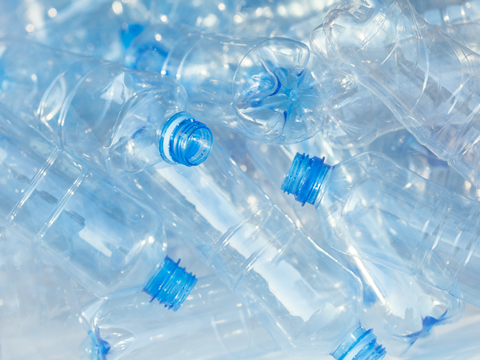
The European PET Bottle Platform (EPBP) has become a liaison organization to the European Committee for Standardisation (CEN)’s Technical Committee – a move set to promote bottle-to-bottle recycling for PET in upcoming design for recycling legislation.
As the Packaging and Packaging Waste Regulation enters into force, the European Commission has been asked to consider the standards developed by European standardization organizations as it develops future design for recycling criteria.
EPBP hopes that its collaboration with CEN will improve the recyclability and circularity of PET bottles to facilitate high-quality, bottle-to-bottle recycling across Europe’s PET bottle industry. In turn, this is hoped to help drive a transition into full circularity.
“This liaison role is an important recognition of EPBP’s contribution to advancing PET bottle circularity in Europe,” said Argiris Dabanlis, technical manager of EPBP. “It is a great opportunity for EPBP to bring its extensive expertise to CEN’s discussions on packaging circularity and continue helping companies in the PET bottle industry to design PET bottles for recycling on the path to circularity.”
A previous collaboration saw EPBP join forces with RecyClass to support industry players across the supply chain in optimizing their PET bottle production for maximum recyclability. This includes avoiding materials that may lower recyclate quality, reducing the amount of non-PET components to streamline recyclability, and redesigning extra components like closures and labels for easier separation.
Since then, Plastics Recyclers Europe has reported that the recycled content rate of the average EU PET beverage bottle is 24% - yet it warned that disparities between EU Member States must be addressed to reach EU targets for 2025.
If you liked this story, you might also enjoy:
The ultimate guide to the Packaging and Packaging Waste Regulation in 2025
How are the top brands progressing on packaging sustainability?
Everything you need to know about global packaging sustainability regulation in 2025
The key to increasing the use of reusable packaging in supermarkets














No comments yet